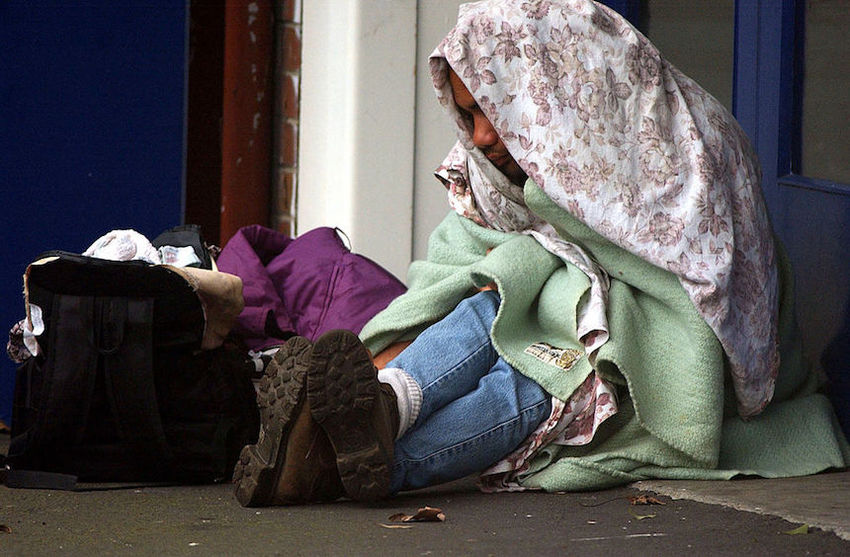The land of Milk and very little Honey!

By Kristin McCarthy
The land of Milk and Honey... And Debt.
As a Pacific person, or as any person I suppose, the first way I learnt to manage my money was from how my parents managed their money. My parents migrated to NZ from Samoa in the mid 80’s and had rarely or never managed actual physical money before that so it's safe to say that they weren’t very good at it. Any offer of immediate money aka cash loans they would take, not understanding the repercussions aka repayments and interest.
In the Islands wealth was displayed in offering food, mats and acts of service. So being offered the idea of “free money” or a small plastic card that magically gave you money in NZ was what they thought people meant when they said come to “NZ, the land of milk and honey.”

I hear people say “Islanders are bad with money aye.” We’re not bad at managing money, we just don’t really know how to and we have much wider family and community commitments than your average palagi. To my parents, money was a cooked dinner or cleaning someone’s yard so translating that to cash when you move to NZ requires a little more guidance and education, especially on how to use it and when to take it.

Today I have managed to dig myself and my parents out of some dark and depressing financial conundrums caused by what I believe is target marketing of Poly people and a rabbit hole of very poor decision making, starting with my parents and inherited by me. It almost destroyed our relationship and caused sleepless nights trying to ‘“Keep up with the Jones”’ showing our family in Samoa that we had so much just because we lived in NZ. It’s quite sad to say that I can still see this being the case with so many of our Pacific families today.
The great upshot is that there is hope on the horizon for ways to work ourselves out of the doom and gloom of debt without another Instant Finance drive by.

The recent Pacific Women’s Fono at the Mangere Fale o Samoa, brought forward the stories of Pacific women, mothers, daughters and caregivers who shared their stories of struggle and triumph.
Fane Tu’iha'angana from Southseas Healthcare, who works in the gambling sector helping Pacific Islanders seek help with their addiction, shared her story of losing her husband in 1991 and falling into a state of depression.



Fed up with waiting on WINZ, she got herself a degree, applying for every scholarship available to her, and eventually bought her first home in Otahuhu. Fane did the extraordinary task of raising her children as a solo mother on a budget and used that experience to empower not only her children but any other child that came into her path.
“Only spend what you have, if you can’t afford the iphone then you’ll just have to get the $40 phone from the supermarket but you can still text and call so that’s ok” said Fane whos main advice was to try and always be disciplined, “Only give what you can and know that “it’s OK.” Even if it’s for the church”

Fane also made a point that families suffering the effects of gambling make it worse by not telling anyone of their struggle.
“Keeping these problems private makes it more of a problem”
Finance has been identified as one of the biggest triggers in the Pacific community for family problems and family violence, so these discussions were aimed at taking the shame away from debt and to take advantage of the growing financial literacy programmes becoming more accessible.
Pelenalete Lam Sam from Vaka Tautua said that their finance programmes were helping people that were coming with referrals from Housing NZ, Church communities and personal referrals.
“We have an 8 week programme that supports families, we go to their homes, hold workshops and offer 1-on-1 coaching so we need to get the word out that the help is there”

“It seems our youth can get caught up with the ‘fitting in’ to keep up with the trends at any cost.” says young Samoan journalist Teuila Fuata’i who represented a youth voice on the panel.
Teuila shared her thoughts on the problems our communities face today like the ability to establish a ‘Need’ from a ‘Want’.
The cost of childcare and education, uniforms and stationery that all add up and put our parents in situations of desperation and pressure where they reach out to those “immediate money giving” places.
“We’re always on the back foot so it seems just too hard to start and we can get stuck in the living week to week routine”

Moving forward, organiser Tim Swann wants to see a long term plan to tackle debt problems in the Pacific community and working with women he said “Women are often the glue of the family” which is so true, because my mother handled all the money and spending in our family.
Giving voice to the real stories from Pacific Women around their money stresses for their families and how they have coped opens a door for more experiences to come to the fore and more ways of helping.
30 years ago, if programmes like these were available it would’ve saved my parents and I a lot of heartache and a lot of money!

